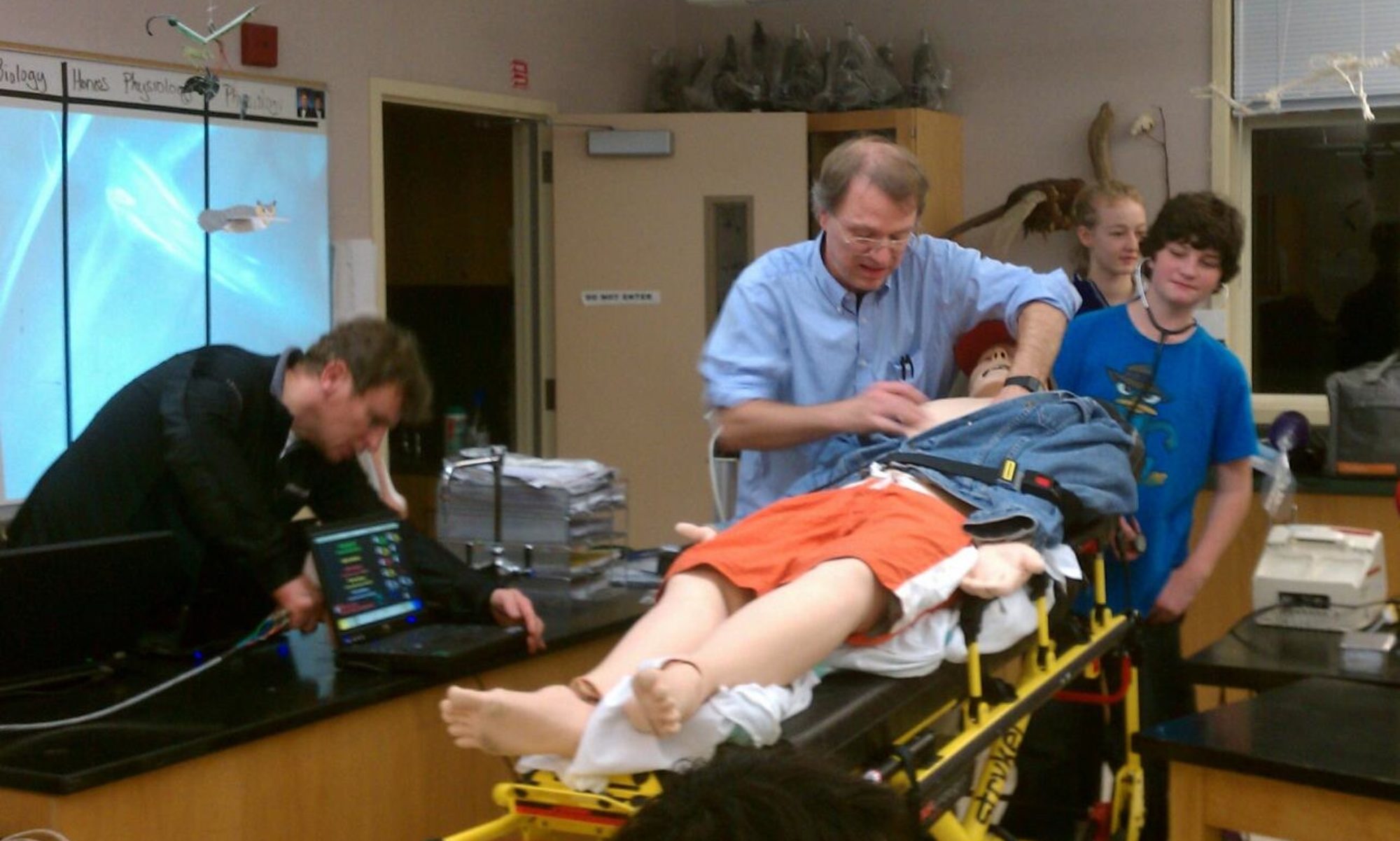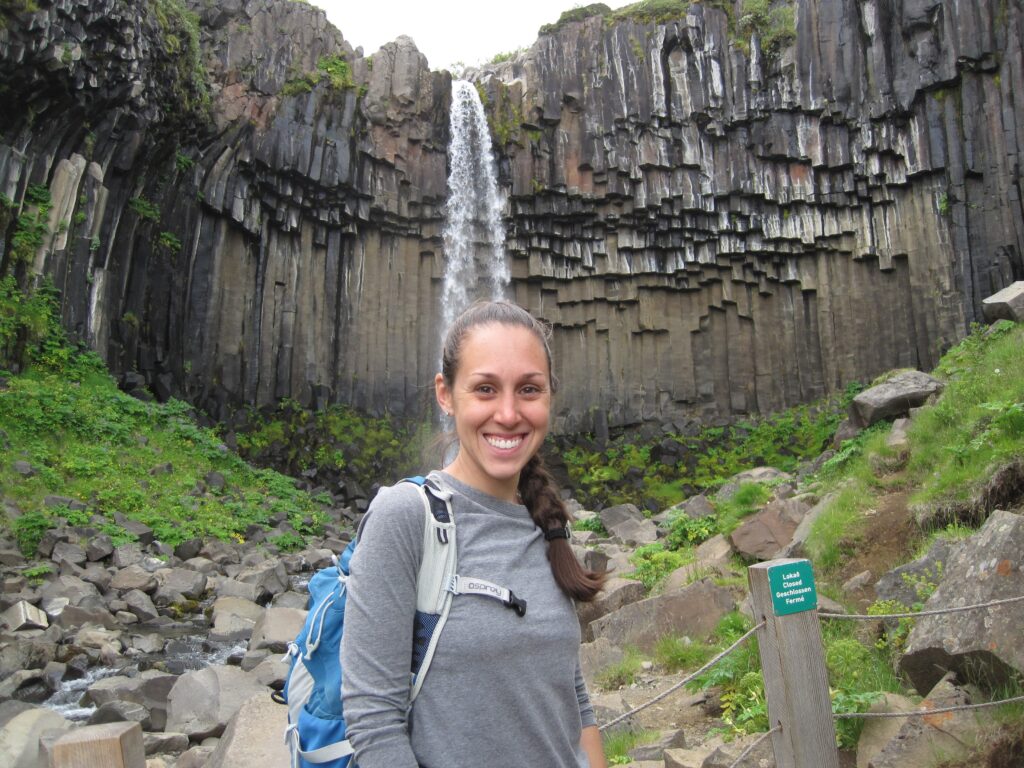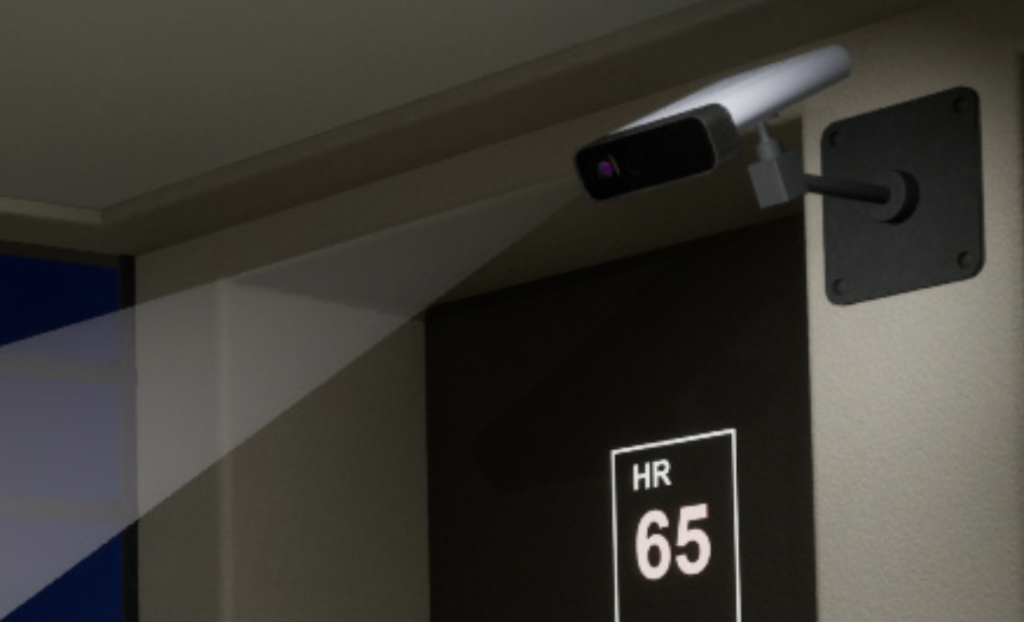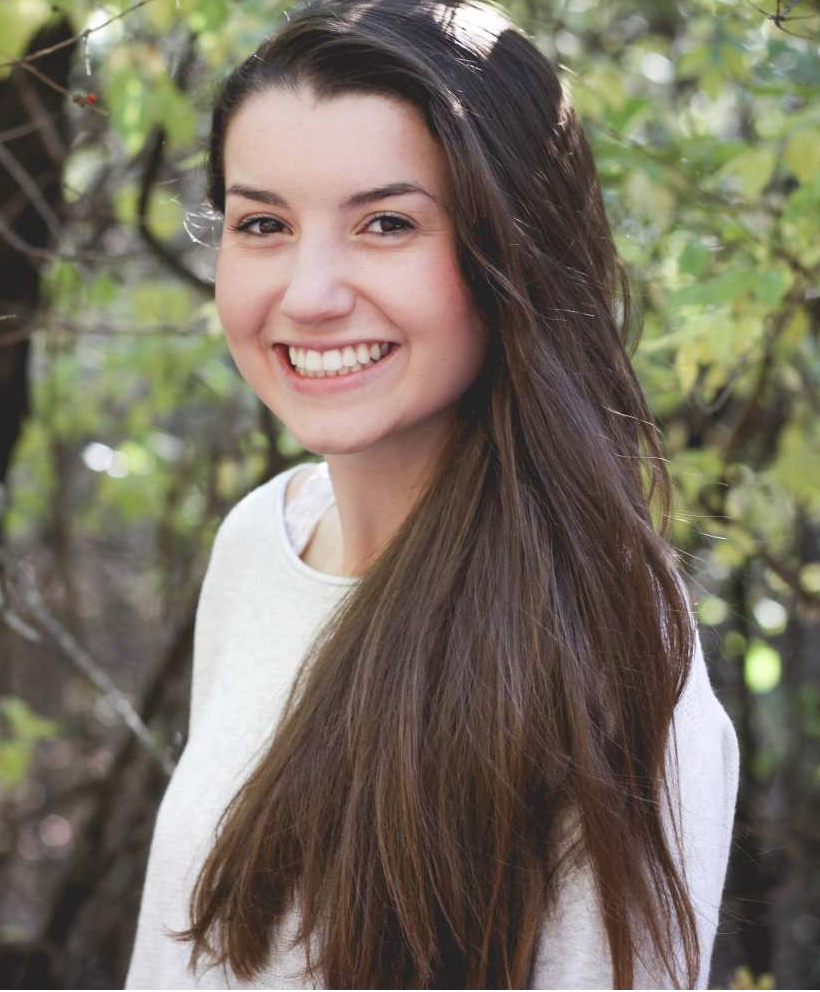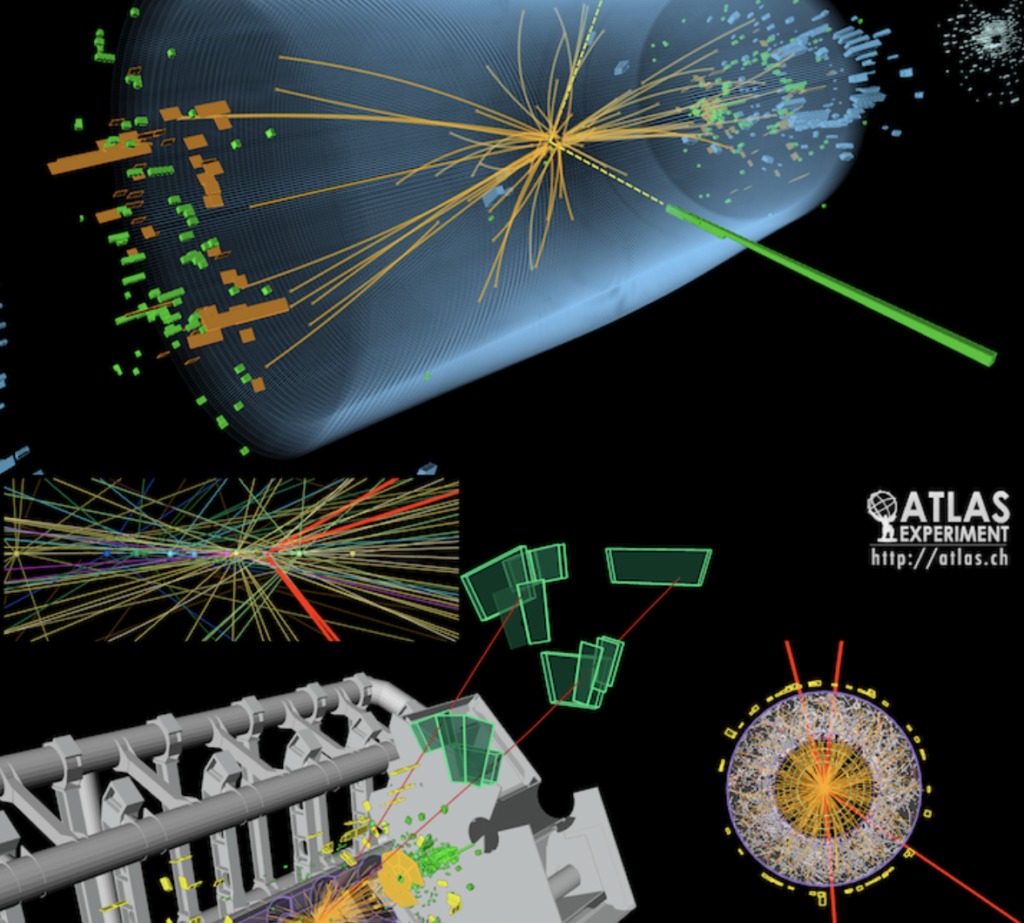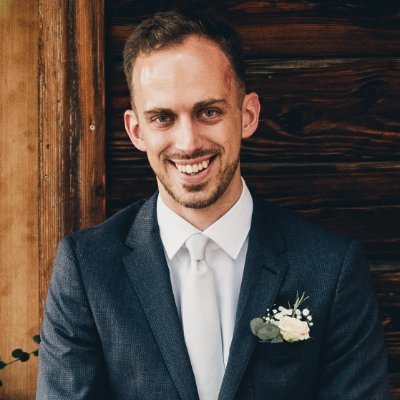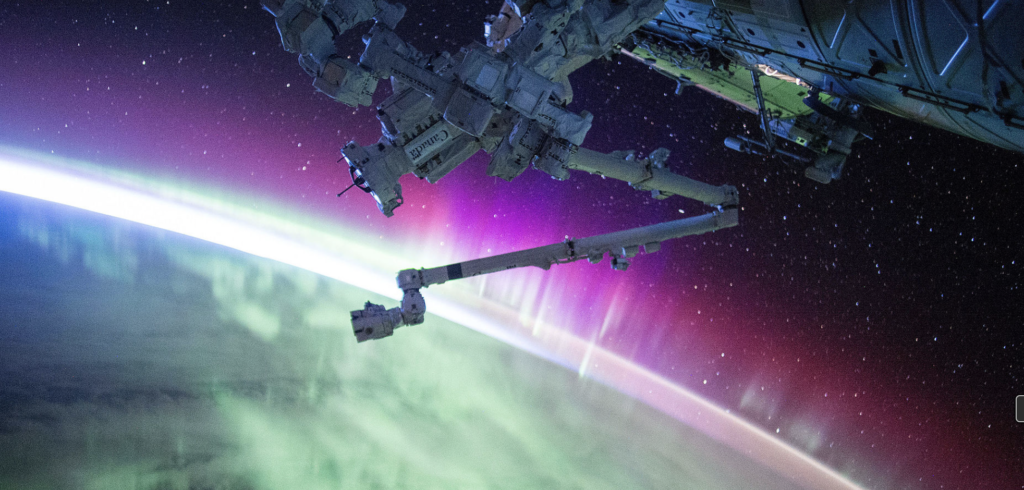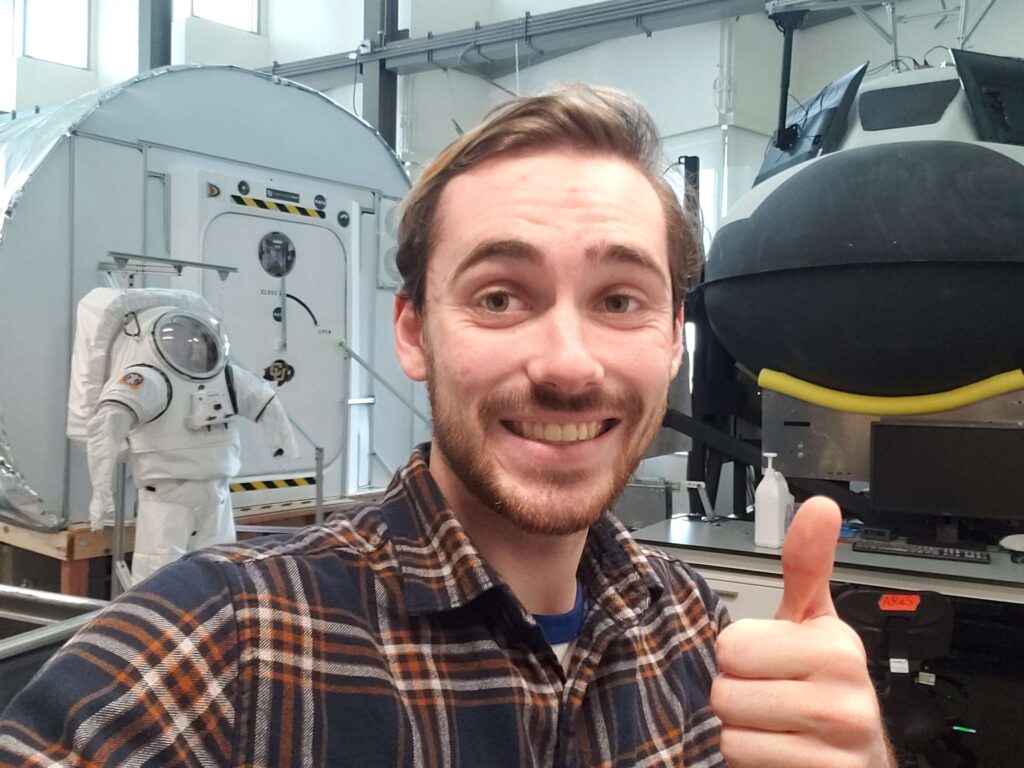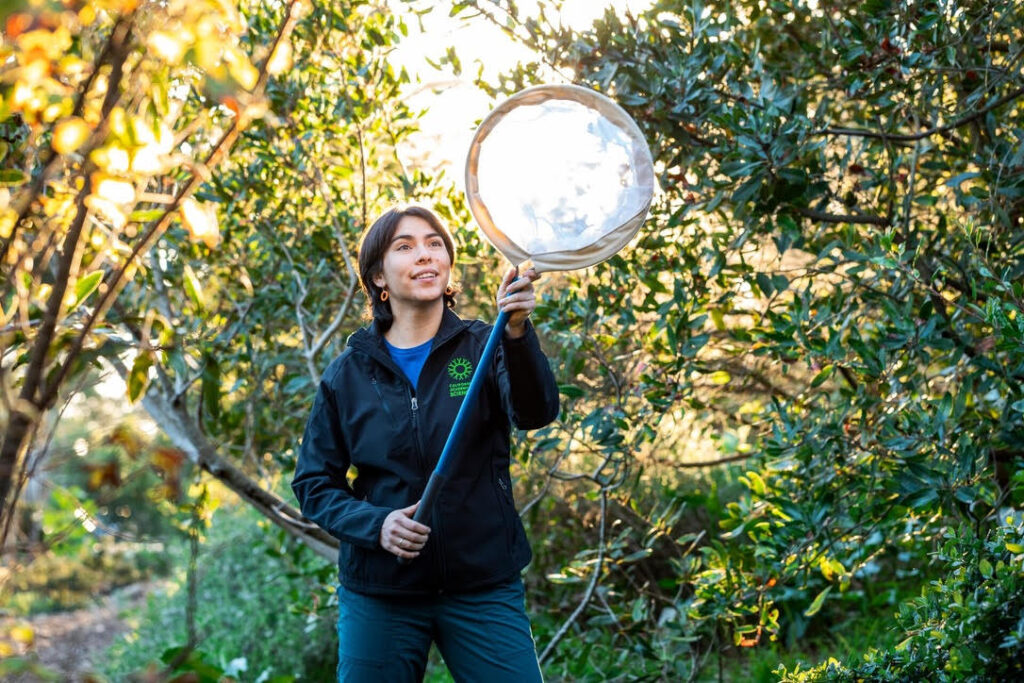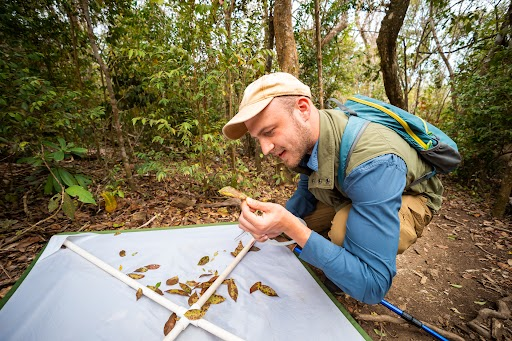with Rayna Bell Ph.D., Assistant Curator of Herpetology, California Academy of Sciences
NEW DATE! Wednesday, November 15th, 2023 – TLHS Innovation Hub – 7:30 – 8:30pm
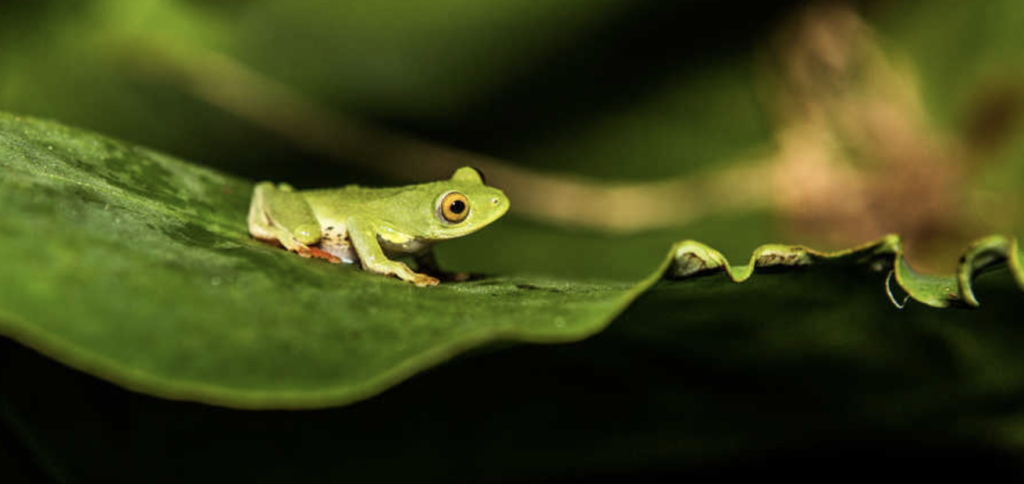
Dr. Rayna Bell grew up in Marin County and her love of science was nurtured by several wonderful teachers at Drake (now Archie Williams) High School. Rayna attended College of Marin and the University of California, Berkeley where she studied biology and interned at U.C. Berkeley’s Museum of Vertebrate Zoology where she started doing research on Australian frogs and lizards. She received her Ph.D. in Ecology and Evolutionary Biology from Cornell University, during which she conducted research on African tree frogs, and joined the Smithsonian Institution’s National Museum of Natural History as Curator of Amphibians and Reptiles. In 2019, Rayna moved back home to the California Academy of Sciences where she is the Associate Curator of Herpetology. Rayna’s research focuses on the ecology, evolution, and conservation of amphibians and reptiles with an emphasis on island biogeography, hybrid zones, and coloration.
Links:
